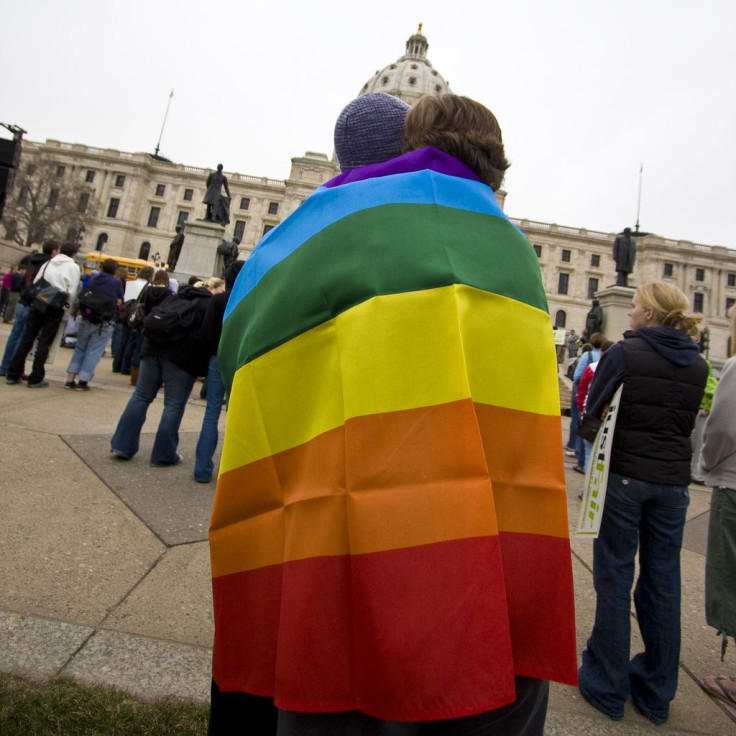Gay And Bisexual Men More Likely To Contract HIV In Homophobic European Countries: Study

Even with many strides in LGBTQ rights, like Ireland’s overwhelming vote in favor of the same-sex marriage referendum, there are still many countries in Europe where homophobia is a major problem. A new study suggests that this suppression of sexuality may not just be compromising the mental of health many gay and bisexual men, but their physical health as well; countries where homophobia is high are more likely to have a rise in HIV cases.
Publishing their findings in the journal AIDS, researchers from the United States, Norway, Germany, and the United Kingdom first measured national homophobic impulses across Europe by examining countries’ laws and social attitudes reported in surveys. They then gathered data using the 2010 European MSM Survey (EMIS) from 175,000 reportedly gay or bisexual men living in 38 of these countries. The survey examined HIV-related service use, need, and behaviors, which varied among men in more homophobic countries and less homophobic countries.
Their findings proved the potential for health risks when homophobia was present. Although men in homophobic countries were less likely to be diagnosed with HIV because of their fewer sexual partners, researchers also found these men tended to know less about HIV and how to prevent it, and were less likely to use condoms. As a result, these men were at higher risk of contracting HIV when they did choose to have sex, although it was not as frequently.
Researchers believe that being forced in the closet will not prevent these men from contracting HIV for much longer. Although the infrastructure for gay culture does not exist as prevalently within these countries, and places like gay bars or saunas are few and far between, new sex-seeking apps will allow men to meet without having to out themselves. Because of this, researchers believe a policy of suppression is putting these men at greater risk.
“Our findings are surprising as it may appear it’s effectively safer for men to stay in the closet in the most homophobic countries because their HIV-risk is lower there,” said Dr. Ford Hickson of the London School of Hygiene and Tropical Medicine in a recent press release. “But the closet is a difficult, shameful place which is particularly harmful to mental health and well-being. It’s also a place where men are kept ignorant, under-resourced, and poorly skilled when dealing with sex and HIV. As the way people meet changes with technology, the homophobia that may have appeared to be protecting these men will now be exposing them to huge risk.”
The study did not specify which countries constituted the homophobic nations that were examined, but it is a well-known fact anti-LGBTQ sentiments are widespread in eastern European nations, especially Russia. Researchers say that reducing the high risk of HIV contraction can only happen if these countries diminish oppression in favor of education.
“Previous research on HIV prevention in Europe has shown there are four key interventions in suppressing HIV: condom distribution, peer-led group education, peer-outreach education projects, and universal access to anti-retrovirals for men with HIV,” Hickson concluded. “All health authorities could be commissioning these services as well as working to protect the human rights of sexual minorities.”
Source: Hickson F, Weatherburn P, Berg R, et al. Hidden from health: structural stigma, sexual orientation concealment, and HIV across 38 countries in the European MSM Internet Survey. AIDS. 2015.



























